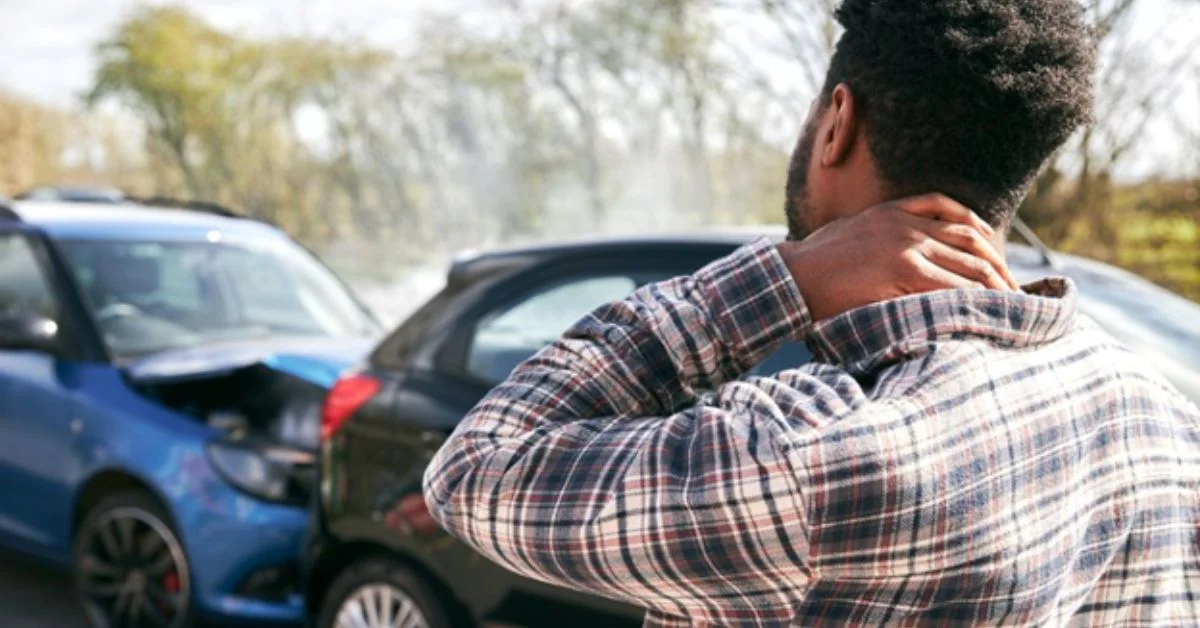Car accidents can have a lasting effect on physical health, emotional well-being, and financial stability. Accidents are frequent in Minnesota, where icy roads and busy highways like I-94 and I-35 pose significant risks. The consequences can range from minor injuries to life-altering trauma, such as spinal cord damage or traumatic brain injuries.
Beyond physical injuries, accidents often disrupt daily life. Victims may face lengthy medical treatments, time away from work, and mounting expenses. These immediate impacts highlight the importance of seeking legal representation to navigate the complexities of recovery and compensation.
Navigating Minnesota’s No-Fault Insurance System
Minnesota operates under a no-fault insurance system, which requires drivers to carry Personal Injury Protection (PIP) coverage. This system ensures that medical expenses and lost wages are covered regardless of fault, but it also limits how much compensation victims can receive from their insurer.
When cases involve severe injuries or damages exceeding PIP limits, victims must file claims against the at-fault driver’s insurance. Proving liability and negotiating fair compensation requires the expertise of a car accident lawyer Minnesota residents trust to handle such intricate claims.
The Hidden Costs of Car Accidents
The financial toll of a car accident often extends far beyond immediate medical bills and vehicle repairs. Long-term rehabilitation, lost earning capacity, and modifications to accommodate disabilities can quickly add up.
For example, the cost of physical therapy alone can exceed $5,000 annually, while home modifications for mobility impairments can range from $20,000 to $50,000.
These hidden costs are often overlooked in initial settlement offers from insurance companies. Legal representation ensures that all aspects of a victim’s losses are advocated for, securing compensation that reflects the true impact of the accident.
Proving Negligence in a Car Accident Case
Establishing fault is critical for car accident claims, particularly when pursuing compensation beyond PIP coverage. Minnesota operates under a comparative fault system, meaning that victims can still recover damages if they are found to be less than 50% at fault for the accident. However, it’s important to note that the amount of compensation they receive will be reduced according to their percentage of responsibility in the incident.
For example, if a court finds a victim 20% at fault, their compensation is reduced by that percentage. A car accident lawyer Minnesota residents rely on gathers evidence such as accident reports, witness statements, and surveillance footage to demonstrate negligence and minimize comparative fault claims.
The Role of Expert Witnesses in Car Accident Cases
Expert witnesses often play a pivotal role in car accident cases, providing specialized knowledge that strengthens claims. Accident reconstruction specialists can analyze collision dynamics to determine fault, while medical professionals can testify about injuries’ severity and long-term effects.
In Minnesota, where winter weather conditions frequently contribute to accidents, the lawyer may call upon meteorologists or road safety experts to provide insights. Their testimony helps establish the role of external factors, bolstering the victim’s case and ensuring fair compensation.
Insurance Company Tactics to Minimize Payouts
Insurance companies are businesses with a primary goal of protecting their bottom line. They often employ tactics to minimize payouts, such as disputing the severity of injuries, delaying claim processing, or offering quick settlements that undervalue long-term expenses.
Having legal representation levels the playing field. A skilled lawyer anticipates these tactics, counters lowball offers with evidence-based demands, and negotiates aggressively to secure the compensation victims deserve. The possibility of litigation often incentivizes insurers to settle fairly, avoiding the costs and risks of a trial.
The Psychological Impact of Car Accidents
Physical injuries often overshadow the emotional toll of car accidents but can be equally significant. Many victims experience post-traumatic stress disorder (PTSD), anxiety, or depression, which can affect their ability to work, maintain relationships, or enjoy life. The emotional distress caused by a car accident can be long-lasting and may require ongoing therapy or treatment, adding to the overall cost of recovery.
Research indicates that up to 30% of car accident survivors develop PTSD, highlighting the need for comprehensive compensation that addresses both physical and emotional damages. Legal representation ensures that non-economic damages, such as pain and suffering or emotional distress, are included in settlement negotiations.
Minnesota’s Unique Legal Landscape for Car Accidents
Minnesota’s legal environment presents unique challenges for car accident cases. For instance, the state has a $4,000 medical expense threshold for filing claims against an at-fault driver. Additionally, cases involving government vehicles or hazardous road conditions may require navigating additional regulations and shorter filing deadlines.
A lawyer familiar with Minnesota’s laws and procedures is essential for navigating these complexities. Their local expertise ensures all legal requirements are met, and victims can focus on their recovery.
Advances in Vehicle Technology and Their Legal Implications
The rise of advanced driver-assistance systems (ADAS) and autonomous vehicle technologies has introduced new complexities in car accident cases. Features like automatic braking, lane-keeping assistance, and collision warnings are designed to prevent accidents, but malfunctions or misuse can contribute to collisions.
Determining liability in these cases may involve examining vehicle data logs or consulting with automotive engineers. A Minnesota personal injury attorney with experience handling cases involving advanced technologies ensures that these factors are thoroughly investigated and considered in claims.
The Path Forward After a Car Accident
Car accident victims often demonstrate remarkable resilience as they navigate the challenges of recovery. Advances in medical care and rehabilitation offer new opportunities for healing, while legal support provides the resources needed to rebuild lives.
With the right support systems, victims can turn setbacks into opportunities for growth and renewal, emerging stronger and more empowered, feeling secure and less anxious about their future.
If you find this article helpful, click here for more.









